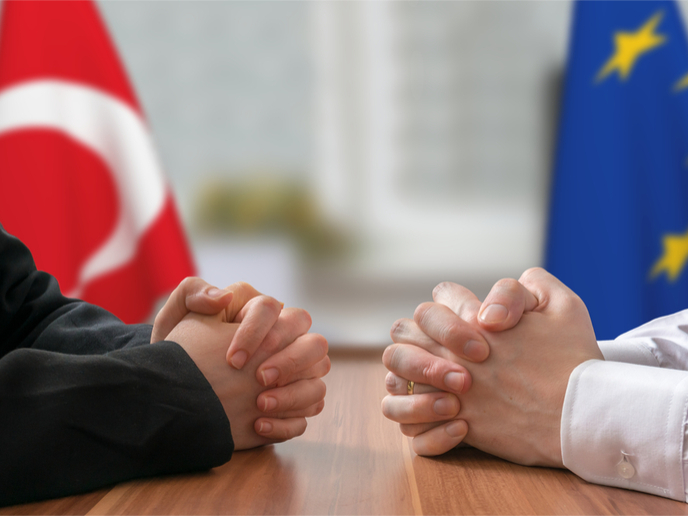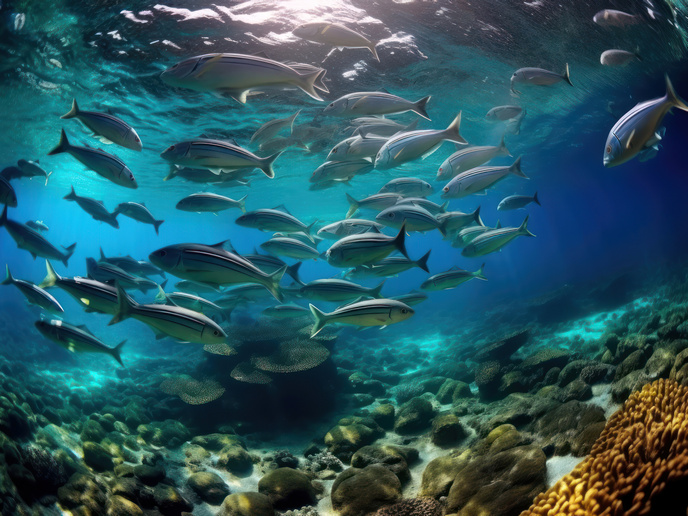The EU-Tukey relationship: How to overcome the ‘perennial dance’ of conflictual cooperation
The EU and Turkey have always wavered between accession negotiations and the cold wind blown by the likes of political instability, human rights-related issues, economic disputes and disagreements on foreign policy. The past four years have offered a condensed version of these problems: in 2015 and 2016, migration crises had pushed both sides to revitalise accession negotiations and get closer than ever to solving the longstanding Cyprus dispute. From thereon, the deterioration process started again and culminated with the latest European Parliament resolution to suspend the accession procedure in March 2019. “Researching EU-Turkey relations has always been and remains challenging to this day, because we are looking at a ‘moving target’,” explains Dr Funda Tekin, Project Director of FEUTURE (The Future of EU-Turkey Relations. Mapping Dynamics and Testing Scenarios) on behalf of the University of Cologne. “Additionally, realities might change not only fast but also in an extreme manner. This means that so-called wild cards (unknown-unknowns; improbable but deeply disruptive events) can materialise and completely change the future of the relationship.” Devising the compass of EU-Turkey relations Dr Tekin and her team brought together 15 partners from the EU, Turkey and neighbouring regions and provided secure spaces for open discussion on critical and vital issues. Together, project partners aimed to generate an understanding of all factors driving the EU-Turkey relationship. They considered the fluctuating nature of the relationship to devise a ‘compass’ based on three idea-type scenarios (EU membership, cooperation and conflict), mapped the dynamics of EU-Turkey relations in terms of underlying historical narratives and thematic key drivers, and considered wild-cards (improbable but highly disruptive events) in building the project’s future relationship scenario. Considering the six thematic dimensions of politics, economy, security, energy, migration and identity, the consortium arrived at what they labelled the ‘conflictual cooperation’ scenario. “Notwithstanding conflictual dynamics in terms of politics and identity constructions, the EU and Turkey have no choice but to cooperate. The intricate interdependence in the economic, energy, migration and security domains is such that cooperation, while at times conflictual, will remain a necessity moving forward and will determine the lower-most limits below which the relationship simply cannot fall. In other words, the EU-Turkey relationship will most likely continue to oscillate between the upper and lower most limits, in a perennial dance of conflictual cooperation,” explains Nathalie Tocci, FEUTURE’s Scientific Coordinator. A ‘Dynamic association’ for better relations Whether this scenario is unavoidable is another question, one that the consortium also tried to answer. Together, they tried to find out how the EU could maximise the scope of cooperation and mitigate the prospects of conflict, whilst at the same time embedding such cooperation in a rules-based framework. “Our proposal is that of a dynamic association, one which while still considering the sky as the limit – and therefore not advocating a once-and-for-all suspension of the accession process – both seeks to maximise cooperation and strives to embed such cooperation in a rules-based framework,” says Dr Tocci. “A modernised customs union upon which further building blocks of cooperation could be added across the energy, migration and security domains is, we believe, the most beneficial and realistic way forward.” The consortium has already discussed its policy recommendations with officials and stakeholders in both Ankara and Brussels and has also had the opportunity to present them in the capitals of individual EU Member States.







